Vaginal Health
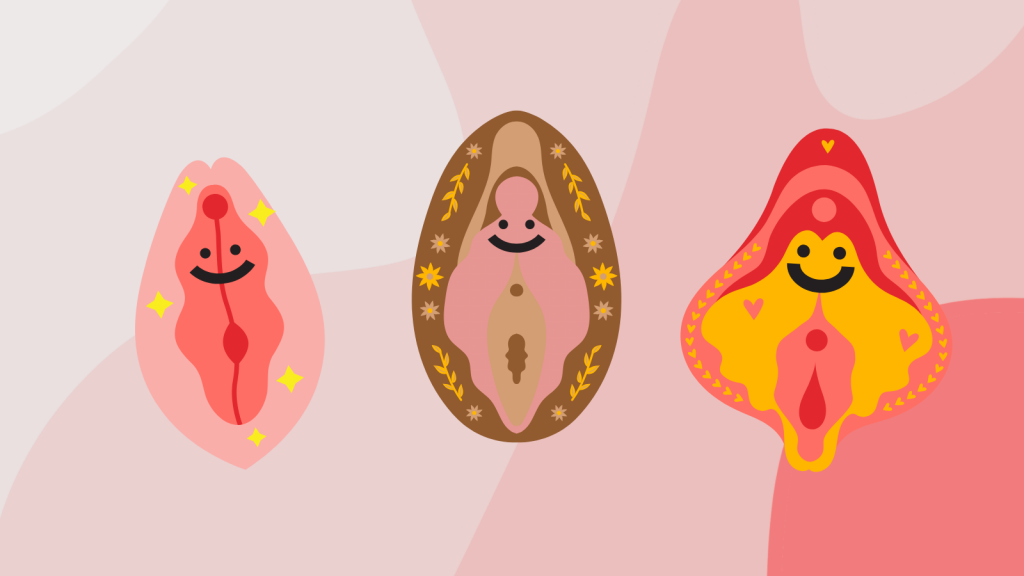
What keeps a vagina healthy? Like many things in life, it’s all about balance. What’s important is to know what’s normal and when things may be off—and when to seek care.
Bacterial Vaginosis
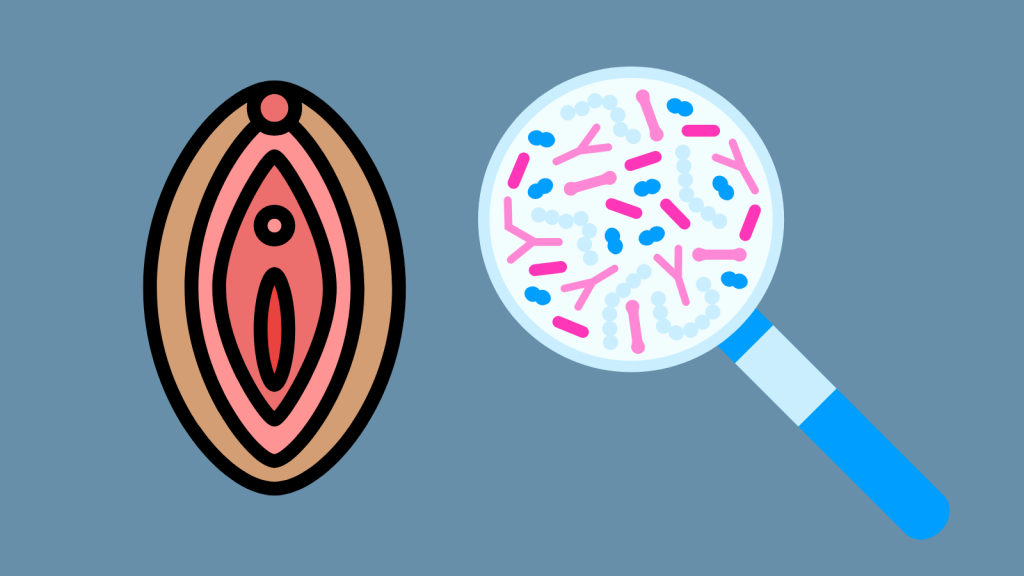
Bacterial vaginosis (BV) is a common gynecologic infection, affecting nearly 29 percent of women in the U.S. Learn more about what BV is and how it’s diagnosed and treated.
ASHA Denounces Executive Order on Sex as Inaccurate and Harmful

President Trump’s executive order declaring that the federal government would recognize only two sexes is inaccurate and dangerous. It represents an attack on the LGBTQ+ community and a threat to the dignity and safety of transgender individuals and their families.
What You Need to Know About the HPV Self-Collection Test

There’s a new way to screen for cervical cancer. With self-collection, you can take a sample of cells from your vagina. You still have to go to your provider’s office, but there’s no pelvic exam, stirrups, or speculum involved.
Two Studies Show Doxy PEP is a Winning Strategy

Two studies published in this month’s JAMA Internal Medicine offer encouraging findings about the use of Doxy PEP.
First Case of New Mpox Type Reported in California
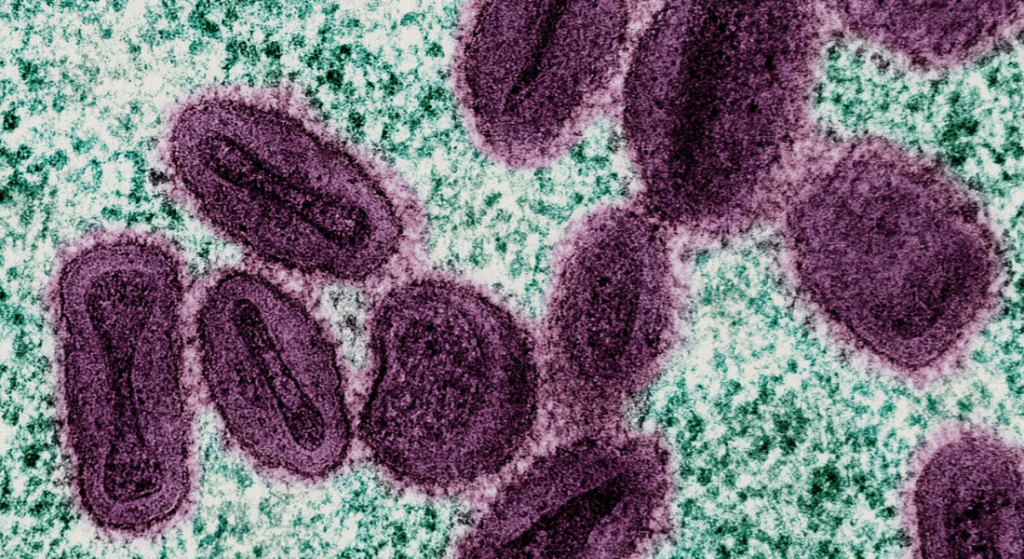
A case of a potentially more serious version of mpox that has been spreading quickly in Africa has been confirmed in California.
Tribal Leaders Want Syphilis to Be Declared a Public Health Emergency

According to the Great Plains Tribal Epidemiology Center, syphilis rates among Native Americans in Iowa, Nebraska, North Dakota, and South rose 1,865% from 2020 to 2022.
Cautious Optimism as New 2023 Data Suggests Progress in Addressing the STI Epidemic
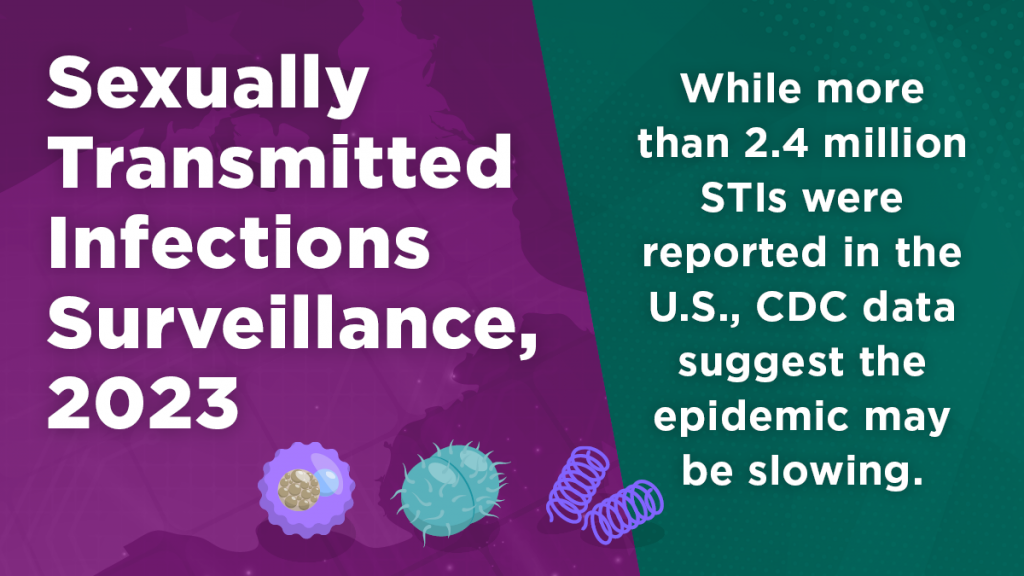
CDC just released the 2023 Sexually Transmitted Infections (STI) Surveillance and for the first time in a long time the data is encouraging.
Over-the-Counter Contraceptives Might Soon Be Covered by All Insurance
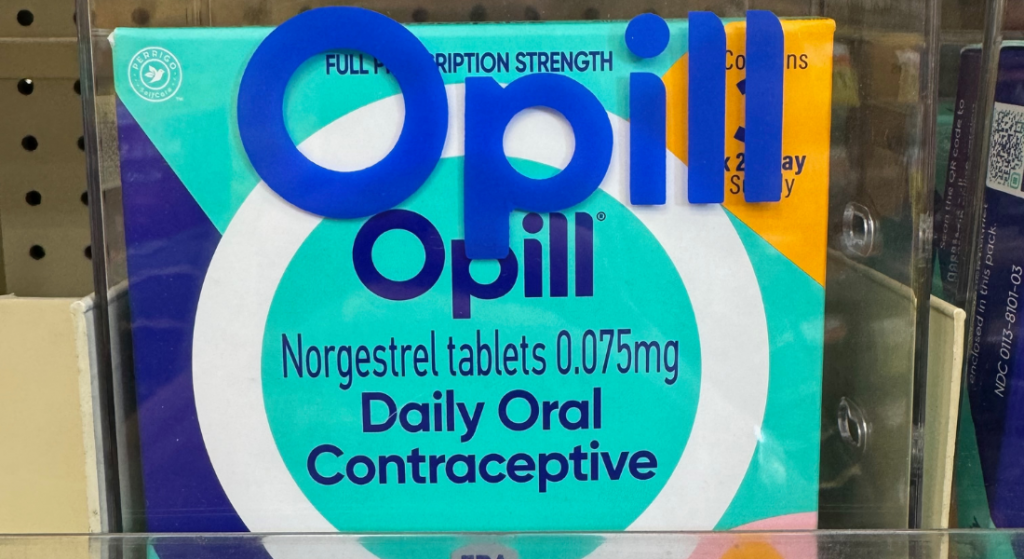
The Biden Administration proposed new rules designed to make getting contraception easier and less expensive.
A Truly At-Home Test for Bacterial STIs Does Well in Trials
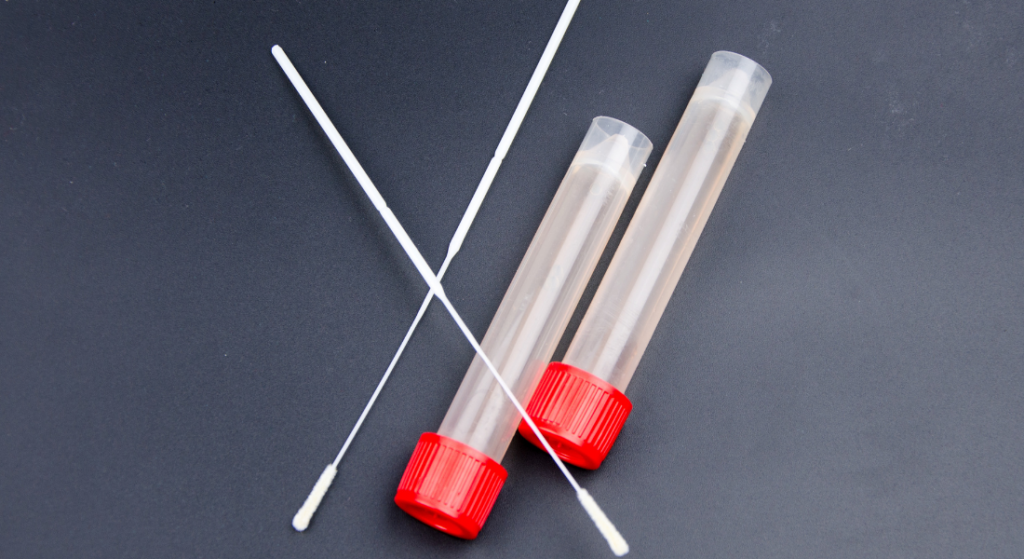
A completely at-home PCR test for chlamydia, gonorrhea, and trichomaniasis could allow people to test themselves and get results and treatment within a matter of hours.